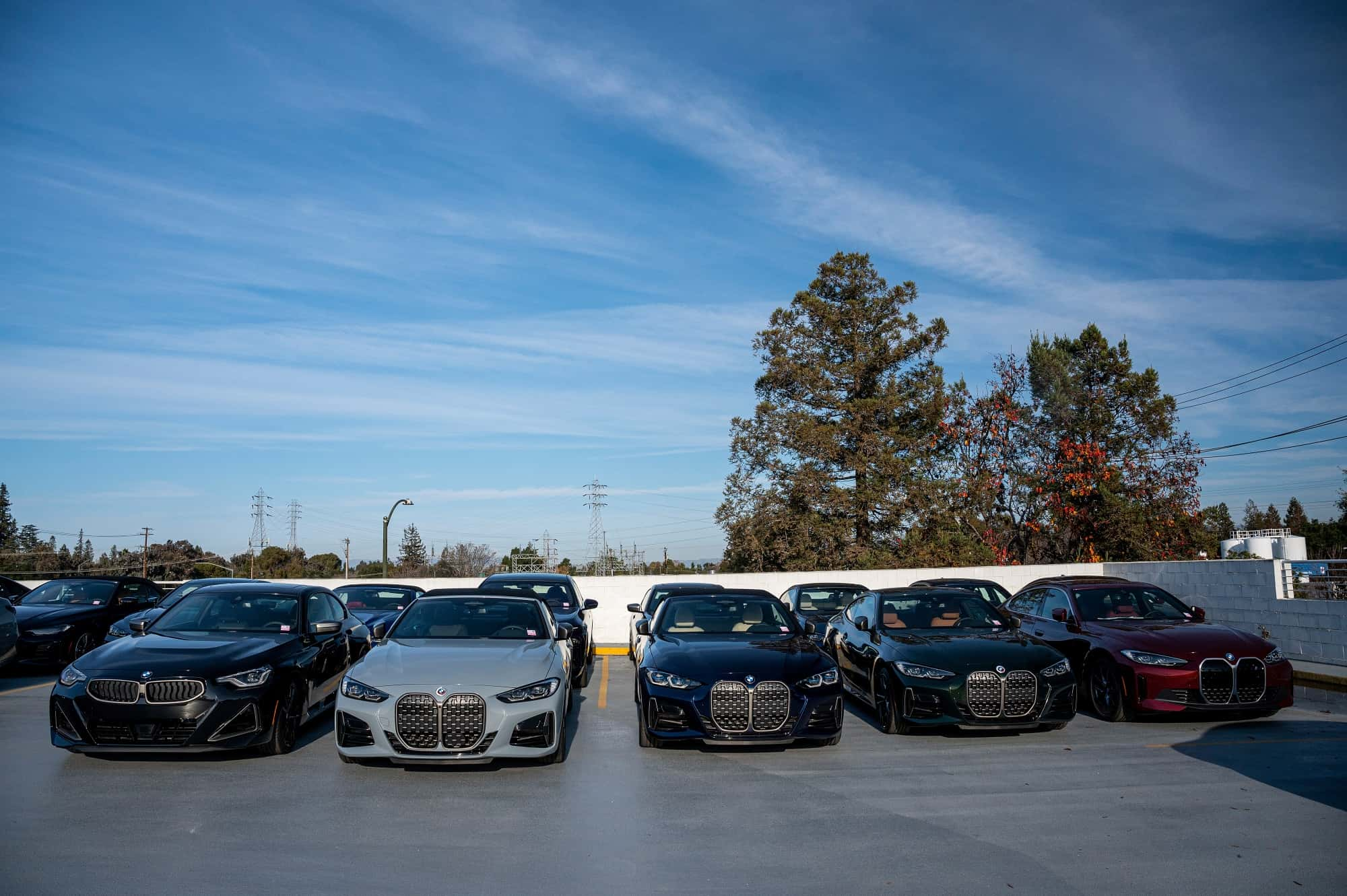The pressure is particularly intense for individuals grappling with negative equity, a situation where the amount owed surpasses the current value of their cars.

Car-loan borrowers are feeling the heat as interest rates rise, exacerbating the predicament for those whose vehicles have seen a decline in value
Recent data from the automotive website Edmunds.com, as reported by Bloomberg, reveals that car buyers with negative equity found themselves underwater by an average of $6,054 in November. This marks the highest figure since April 2020, highlighting a substantial increase from the average negative equity of $5,300 in 2019. Joseph Yoon, a consumer insights analyst for Edmunds, emphasized the grim reality, stating, “We’re in this situation where combined with the cost of the vehicles being so high and the interest rates rise being so historically high, you have a lot of people who are in bad car loans.”
The impact of interest rates rise is evident in the average interest rates for car loans, reaching 7.03% for new cars and a higher 11.35% for used cars in the third quarter of 2023, according to NerdWallet, citing Experian research. These interest rates rise compounds the financial strain on car buyers already burdened by inflated vehicle costs.
The value of cars, especially used ones, has experienced a decline over the past year following a surge during the pandemic
The Manheim Used Vehicle Value Index reported a 5.8% drop in the price of all used cars in November compared to the previous year. This depreciation trend means that Americans with car loans are now confronted with the challenge of financing assets that are steadily losing value.
In a testimonial to the harsh reality, Sandra Rivas, a 38-year-old bank employee in San Antonio, shared her experience with Bloomberg. She revealed being $5,000 underwater on a 2018 Toyota Camry Hybrid and expressed weariness over making $648 monthly payments on a loan burdened by a staggering 14% interest rates rise. As interest rates rise, the struggle for car loan borrowers intensifies, raising concerns about the long-term financial implications of such burdensome loans.
READ ALSO: Navigating Mass Student Loan Forgiveness: Critical Deadlines And Relief Programs Explained




